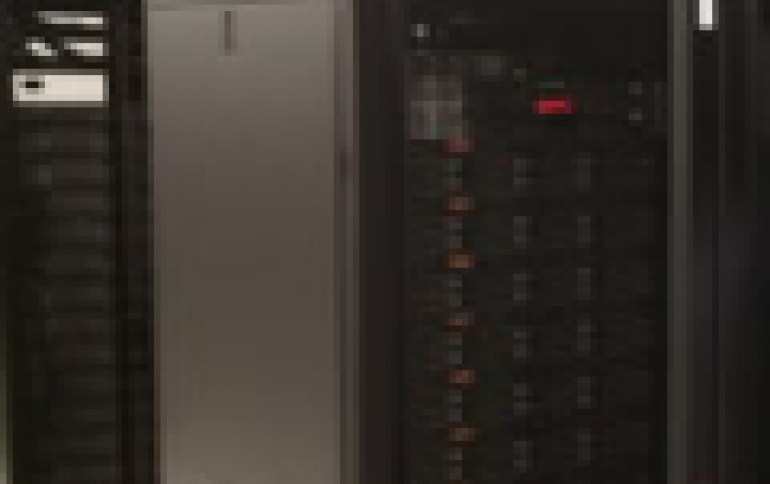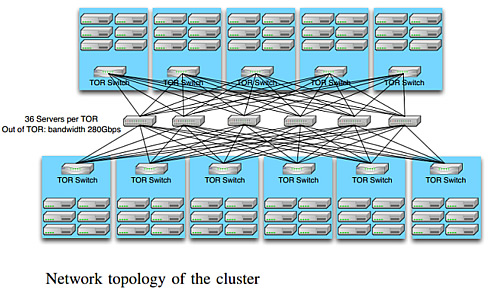
Samsung's DeepSort Sorting Engine Prevails In Benchmarks
Samsung announced its sorting engine, DeepSort, finished No. 1 in this year’s Sort Benchmark competition, often known as the "World Cup" of data sorting. To give you search results, computers first gather relevant information out of gazillion of raw data on the internet and gets them ready for processing. It’s like getting the blocks out of your Lego box and dividing them according to color and size to find them faster when you’re building the set. This process is called 'sorting' or 'sorting algorithm'. Therefore, better sorting means faster and more accurate search results. But sorting is not just for search engines websites. For example, Samsung’s Smart TVs and Milk Music rely on sorting to recommend TV shows or music based on your preference and history.
DeepSort is a 'scalable and efficiency-optimized distributed general sorting engine. It enables a fluent data flow that shares the limited memory space and minimizes data movement, which makes it to be highly efficient at a large scale. Basically, it maximizes utility of the hardware’s capabilities by eliminating bottlenecks between processor/memory/storage within the server (optimized sorting algorithm), and at the connections between the servers (network optimization).
The competition, which pitted Samsung against other major technology companies and research institutions, saw Samsung’s DeepSort analyze and reorganize 3.7TB of data in 60 seconds, more than doubling the previous record of 1.5TB in the MinuteSort benchmark, an industry benchmark on the amount of data a system can sort through in a minute.
DeepSort was tested in a networked environment composed of 384 servers. In order to more accurately gauge the software’s sheer performance, hardware and software of moderate specifications were used throughout the test. For instance, the number of servers, the 64GB memory capacity and 2.1GHz Intel Xeon 6-core processing power of each server were significantly lower relative to those of the main competitors in this year’s Sort Benchmark contest, while 7200 RPM hard disk drives (HDD) were used in place of significantly faster solid state drives (SSD).

The record-breaking performance of DeepSort was attributed to fine-tuning a range of key elements in accelerating data processing speed, which occur throughout the overall sorting process. They include, among others, preventing additional wait time for servers with relatively higher data loads by first evening out the sorting load among all servers; enabling simultaneous processing, communication and storage of data by concurrently implementing thousands of threads; and minimizing buffering time in the servers’ HDDs by maximizing memory cache usage.
DeepSort is expected to be implemented into a number of Samsung services and mobile apps that incorporate search functions.
Offloading shares
In the meantime, Samsung Group said on Wednesday it is selling stakes in four chemical and defense firms for 1.9 trillion won ($1.72 billion) to Hanwha Group, the latest move in company's restructuring plan.
Affiliates including Samsung Electronics will sell a 32.4 percent stake in defense firm Samsung Techwin Co Ltd to Hanwha Corp for 840 billion won, the group said in a statement.
They will also sell a 57.6 percent stake in Samsung General Chemicals Co Ltd to Hanwha Chemical Corp and Hanwha Energy Corp for 1.06 trillion won, it added.
The South Korean giant also announced a $2 billion share buyback plan.
The company will buy back 1.65 million common shares and 250,000 preferred shares to stabilise its share price and boost value for shareholders, it said in a regulatory filing, its second-largest buyback ever.





















